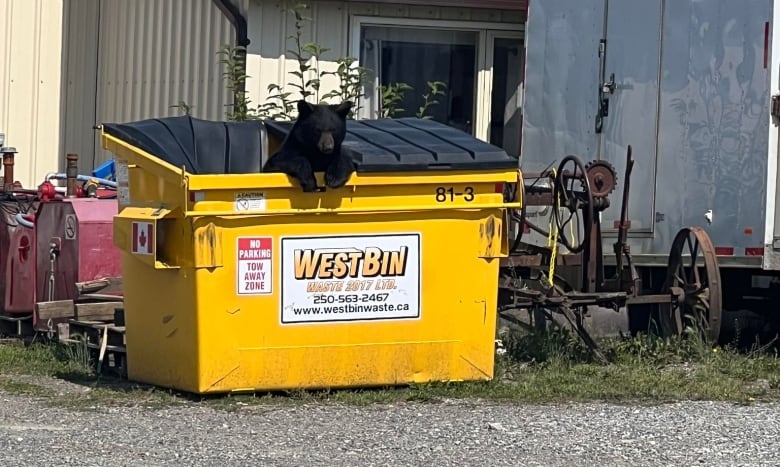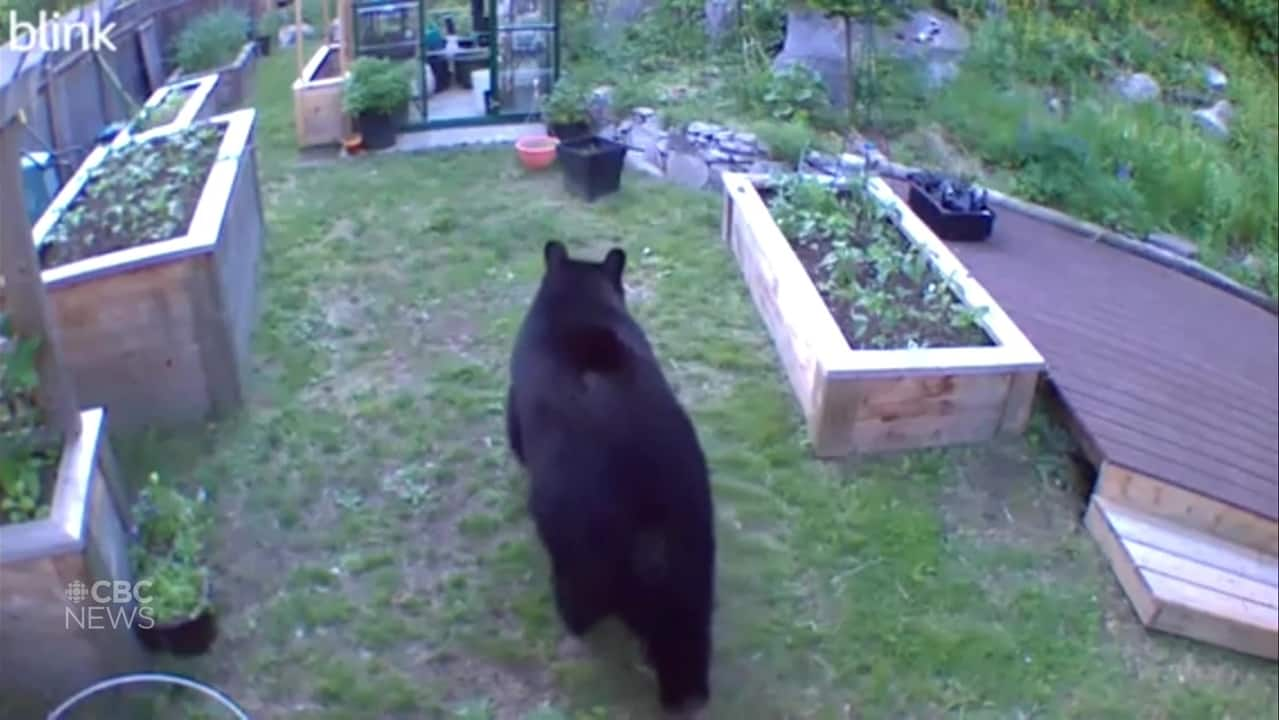A Metro Vancouver municipality is joining wildlife conservationists in calling for more oversight of the B.C. Conservation Officer Service (BCCOS) after a decade-high number of black bears were killed by the service’s officers last year.
On Monday, District of North Vancouver council approved asking the Union of B.C. Municipalities (UBCM) to vote on a resolution calling for an independent public board to be established to oversee the service.
It comes after 603 black bears were killed by conservation officers in 2023.
A recommendation put to council by Coun. Betty Forbes suggested the UBCM should ask the province to create a civilian-led oversight board and have an audit of BCCOS completed by the solicitor general.
Councillors voted unanimously in favour of the motion, though Coun. Catherine Pope voiced concern that it calls out individual conservation officers, when it’s policy itself that needs to be considered.
“Despite all this education [about bear attractants] that we have in the province and such, it’s just not working. It’s just not enough,” she said. “I do believe ultimately that humans are responsible for bears and cubs losing their lives.”
Chief conservation officer Cam Schley defended the service’s record and explained there are a number of reasons for the increase in bears being put down — including bears having difficulty finding food in the wild due to dry conditions, and sustaining injuries due to wildfires.
“We had to deal with 20 that were severely injured in wildfires in the Shuswap area,” Schley told The Early Edition host Stephen Quinn. “It’s an unfortunate thing that no conservation officer wants to do. We don’t get into this line of work to have to put down bears.”
He also suggested bear populations may have been up in 2023, noting that they fluctuate.
However, the No. 1 reason for having to kill black bears, Schley said, is garbage. Wildlife advocates and biologists have been warning the public about the impact of improperly stored garbage for years.
“Once bears are conditioned to non-natural foods and show a minimal fear of people, they are no longer candidates for relocation or rehabilitation as the risk to public safety is too great,” the BCCOS told CBC News in an email.

Ellie Lamb, wildlife advisor for Pacific Wild, said while it is important to educate the public about garbage and other attractants, it’s not enough.
“We’re going up beyond that, we’re suggesting that the bears need to be treated kindly, appropriately,” she said.
Lamb said an oversight body for the BCCOS is necessary because trust in the service has been severely damaged due to the number of animals being killed.
WATCH | Ursa Project founder hopes to inspire others to keep bears from being killed:
Katie Graves, co-founder of the Ursa Project in Nelson, B.C., says her non-profit’s education efforts likely helped drop the number of bears killed within city limits to zero this year, and hopes it inspires other B.C. communities that saw skyrocketing incidents during a year of drought.
But Schley disputes that, saying it’s evident there’s still trust in the service because it continues to receive calls from the public to deal with wildlife.
He said 27,000 black bear complaints were made to the RAPP (Report All Poachers and Polluters) line in 2023, 2,400 of which BCCOS attended.
Should orphaned cubs be assessed?
In addition to an oversight body, advocates want to see orphaned black bear cubs assessed by a wildlife veterinarian.
Lamb said when mother bears are shot by conservation officers, cubs are often left to fend for themselves and usually die.
“The conservation service generally leaves them to let nature take its course, which of course we know there was never nature involved in that,” Lamb said.
Schley said if biologists recommended a move like this, the service would be willing to adapt.
“Conservation officers aren’t wildlife managers. We’re a public safety law enforcement organization,” he said.
“If the latest scientific research supports orphan black bears all going to rehab centres and those rehab centres have the capacity to deal with that, that’s something the conservation officer service would look at.”
BCCOS said it helped transfer 61 bear cubs to permitted rehabilitation facilities in 2023.
District of North Vancouver Mayor Mike Little says council’s recommendation will now be sent to the Lower Mainland Local Government Association, which will meet in the spring. If that group votes in favour, it will be forwarded on to the UBCM.




